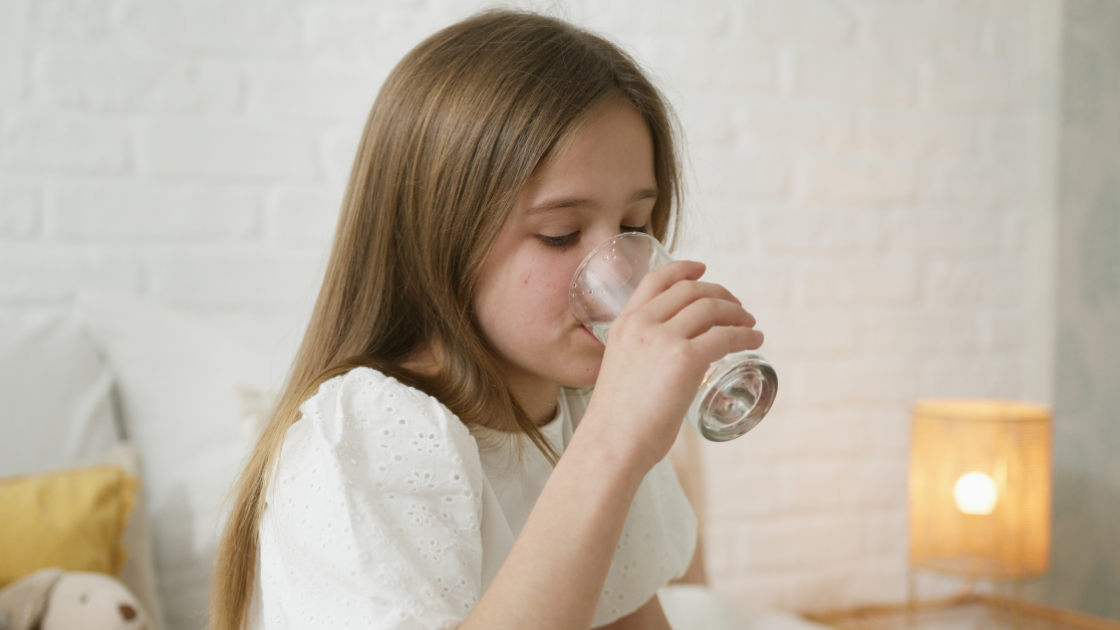
Oral rehydration therapy can help kids feel better faster
When children are sick and dehydrated, oral rehydration therapy (ORT) can be a lifesaving tool for parents. It’s a simple, at-home method to prevent and treat dehydration, helping your child recover faster, avoid complications and stay out of the doctor’s office. ORT involves giving small amounts of fluid every few minutes over several hours to effectively rehydrate the body.
"Oral rehydration therapy is a simple yet powerful tool for managing dehydration,” according to SIU Medicine pediatrician Dr. Sandra Yockey. “The key is patience and persistence—small sips over time can make a big difference in your child’s recovery."
What fluids should I use to treat dehydration at home?
The best fluids for ORT contain salts and sugars that help the intestines absorb fluids more efficiently.
- For children 6 months to 1 year: Offer undiluted breast milk or formula. If your baby is vomiting, switch to a rehydration solution containing sugars and salts. Avoid giving plain water.
- For children older than 1 year: Use diluted apple juice or a sports drink. Dilute with equal parts water.
How much and how often?
The key to successful ORT is offering small amounts of fluid frequently.
- 6 months to 1 year: Give 10 milliliters (2 teaspoons or 1/3 ounce) every five minutes.
- 1 to 2 years old: Give 15 milliliters (3 teaspoons or 1/2 ounce) every five minutes.
- Older than 2 years: Give 30 milliliters (2 tablespoons or 1 ounce) every five minutes.
Continue for two to four hours, increasing the duration based on the severity of dehydration. Use tools like a syringe, medicine cup or measuring spoon for precise amounts.
How long should I continue ORT?
Maintain frequent small doses of fluid for at least two hours, then gradually extend the intervals as your child begins to feel better. Once they improve, offer larger amounts of fluid and introduce small portions of food.
When to call the doctor
Reach out to your health care provider if your child
- Struggles to keep fluids down despite ORT.
- Appears unusually tired or uninterested in activities.
- Has a dry mouth or sunken eyes.
- Is urinating infrequently.
The SIU pediatric department is ready to help with your child’s health care journey. Our experts address the physical, behavioral, preventative, and mental health of your children. Contact us today at 217.545.8000 to find the right pediatrician for your family.



